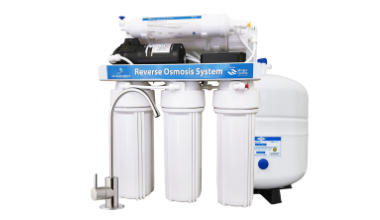A backup water source is an important part of any emergency plan. Whether you are facing a power outage, a natural disaster, or another type of emergency, having a backup water supply can help keep you and your family safe.
There are many different ways to create a backup water storage. You can store water in containers, invest in a water filtration system, or even collect rainwater. The most important thing is to have a plan in place so that you know how to access your backup water supply in an emergency.

A backup water source is important because it can provide you with the water you need to stay hydrated in an emergency situation. Dehydration can lead to serious health problems, so it is important to have a plan in place to ensure that you have access to clean water.
In addition to staying hydrated, having a backup water supply can also help you stay clean. In an emergency situation, you may not have access to running water or soap. Having a supply of clean water can help you maintain basic hygiene and avoid getting sick.
Finally, a backup water supply can be used to cook food or boil water. As the world becomes more industrialized and populated, the demand for water grows. Along with this increase in demand comes the need for a reliable and safe backup water source.